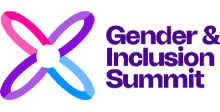Call for Abstracts
GS-24 > Abstracts
Introduction to the Call for Abstracts
The purpose of the call for abstracts is to invite researchers, development practitioners, scholars, activists, and individuals interested in gender and inclusion issues to submit their research presentations or summaries for consideration as part of the summit's program. This year, GS-24 will accept abstracts within 9 themes listed below. Abstracts should be directly relevant to one of the themes. Shortlisted abstracts will present their work through poster and oral presentations at the Summit. This call serves to foster inclusive engagement and research dissemination
Submission Deadline: 11:59 pm WAT, Wednesday, 31st July 2024.
Summit Tracks
Submission Guidelines
- - Abstracts should represent the original work and written in English
- - Please indicate one to three most relevant themes for your abstract from the summit themes
Formatting
- - Use precise language and ensure that your abstract accurately represents the content of your work
- - Do not include bullets, lists, headers, footers, citations, or references in the abstract
- - The abstract should be submitted in Word format (docx.)
- - Title: Times New Roman, 12 points, Sentence case, Centred text in bold
- - Body: Times New Roman, 11 points; Line spacing: 1, one column of text
Affiliations
- - Affiliations should be indicated with superscript Arabic numbers appearing at the end of surname/family name.
- - A superscript asterisk should be used for the corresponding author
- - Names of affiliations should be given
- - If there is more than one name and address, they should be related by superscript numbers.
E.g. First name Surname1, First name Surname1* and First name Surname1,2 Eniola Olawale1, Chinedu Ejiofor1*, Aisha Bako1,2 1 Department, Faculty, University, Country/ Organisation, State 2 Department, Institute, state *[email protected] (* Email address of the corresponding author)
Sections of the abstract
- - Your abstract should be clearly structured into four major sections: introduction, methods, results, and conclusion.
- - The introduction of the abstract should state the problem or issue you set out to solve and explain your rationale for pursuing the research.
- - Your methods section of the abstract should clearly describe the methods employed including the design used, when the study was implemented, the study population, and data analysis.
- - The results section should indicate key and unique results or outcomes of the work.
- - The conclusion should showcase the concise significance and implications of the results and briefly highlight the key takeaways and the contribution of the study as well as recommendations.
Keywords and world limit
- - Keywords should be provided as a must (no more than 5 words)
- - The word limit for the abstract should be a minimum of 300 words and a maximum of 350 words
Grammar
- - Edit your abstract for grammar, spelling, and punctuation errors.
- - Check sentence structure and coherence.
Documents received after the given deadline, due to any reason will not be accepted unless the deadline is extended.
Review and Selection Process
The submitted abstracts will undergo a double-blind peer review process to ensure the quality, originality, and relevance of the contributions. The selection committee, comprising experts in the field, will evaluate the abstract based on their background/rationale, methodology appropriateness, analysis, results, and originality.
Publication and Awards
Selected abstracts will be published in the Book of Abstracts and Certificates will be issued to only presenting authors for successful abstracts. Outstanding abstracts will have the opportunity to be featured in an oral presentation session during the Gender Summit.
Abstract application is closed

The Policy Innovation Centre (PIC) is the first national institutionalized behavioral initiative in Africa supporting government and stakeholders to make behaviorally informed decisions and generate evidence for impact driven interventions in critical thematic areas.
WHERE WE WORK
What We Do
+234 906 164 0753
ABUJA
Plot 1524, Cadastral Zone B08, Jahi District, FCT Abuja.
LAGOS
The Summit House 6, Oba Elegushi Street, off Oba Adeyinka Oyekan Avenue, Ikoyi, Lagos.
Copyright 2025 – Policy Innovation Centre (PIC)
